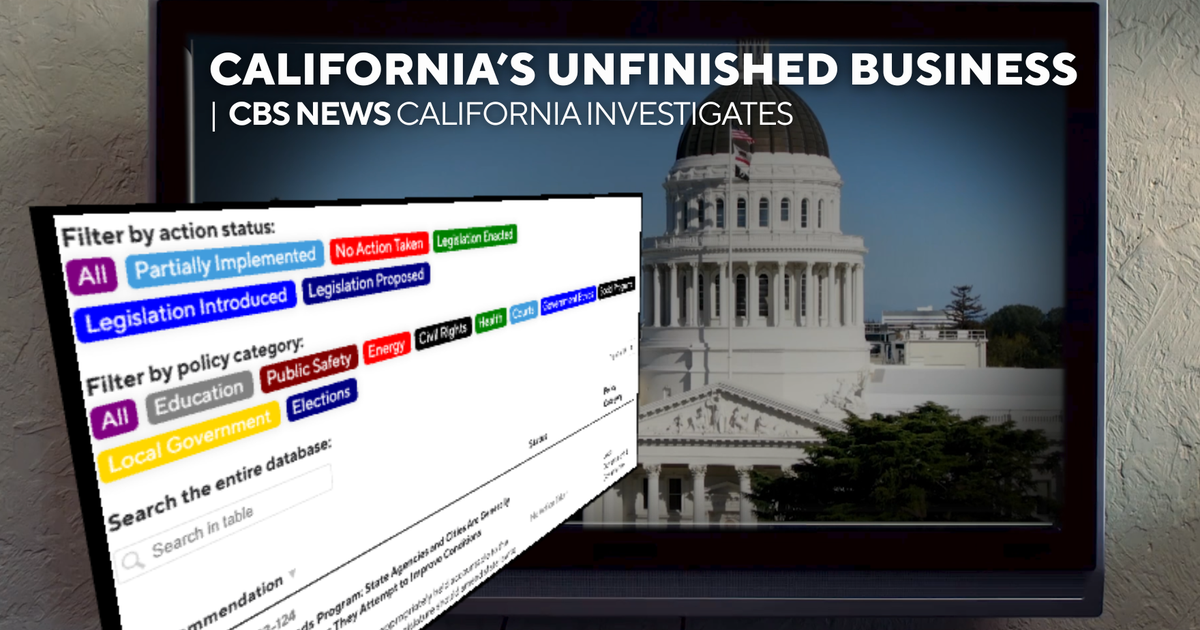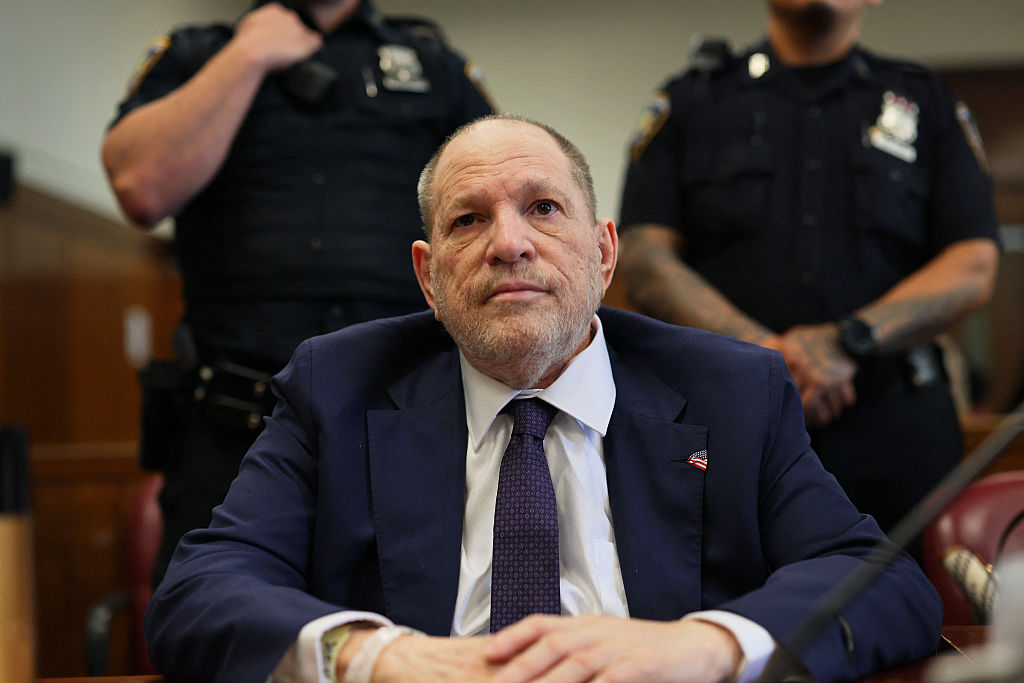"The world is listening": NYT journalists reflect on reporting about sexual harassment
In our ongoing series, "Issues That Matter," we tackle sexual harassment in the workplace with three New York Times journalists whose reporting exposed decades of alleged abuse by Harvey Weinstein, widespread sexual harassment claims in Silicon Valley and massive settlements used to quiet accusations against Bill O'Reilly.
Jodi Kantor, Emily Steel and Katie Benner joined "CBS This Morning" to discuss their own reporting, what kind of change they hope it brings and how a "broken system" enabled abuse for years.
Nearly 70 women have come forward with accusations against Harvey Weinstein following Jodi Kantor and Megan Twohey's reporting.
"I think one sort of meaning of the Weinstein story is that it is important to come forward because we have now established a 40-year timeline of allegations," Kantor said. "Weinstein demonstrates that even though coming forward can be very hard for a woman, there can potentially be a cost to other people of not doing it."
Katie Benner, a technology reporter for the Times, spent months digging into sexual harassment claims by women entrepreneurs in Silicon Valley.
"Part of it was the reporting that Emily [Steel] and Michael Schmidt had done on Fox, their story came out in April. After that happened in the newsroom we saw the story and we thought, this is a bigger issue than just Fox," Benner said. "This sort of chorus of voices gathering over the course of the year. It was really, really powerful."
Business reporter Emily Steel and a colleague investigated the nearly $45 million known to have been spent on settling sexual harassment claims against former Fox News star Bill O'Reilly. Steel said one of the biggest hurdles she initially faced was convincing women to go on the record.
"We had one woman who went on the record with her story. It was very hard to convince her to do that. I flew out to L.A. and did a Pilates class with her to build a relationship to try to get her to talk and tell her that so many other women had been silenced and how important it was that she had a voice," Steel said. "Women are finding their voices but also the world is listening to them."
Since their respective stories broke, Steel said one of the issues they've discussed a lot is the lack of a clear definition of what sexual harassment is.
"There are these standards that the behavior needs to be severe and pervasive and have a negative impact on your career in order to bring a legal case, and that's one of the issues that's really complicated this whole subject," Steel said.
"What we were trying to get at was the bigger picture of why is this system broken and what are the common patterns across all of these different industries," Kantor said.
Cases of sexual harassment are often further complicated by nondisclosure agreements which have become commonplace as part of employment contracts in many industries. Benner said she spoke with a lot of women who signed NDA's and almost immediately regretted it.
"I talked to a woman who signed an NDA and the amount of money she got was a pittance. They compensated her for her therapy bills to deal with what had happened to her," Benner recounted. "She realized she'd really only been given $10,000 for a lifetime of silence."
The tsunami of sexual assault and harassment allegations in recent weeks has also sparked a debate over the legal standing of NDAs.
"There have been some attorneys who've come out and said you can break them and the consequences are not as dire as your workplace would have you believe," Benner said.
While Kantor hopes first and foremost that their reporting helps remove the shame and stigma women felt for so many years about sharing their experiences, she also raised questions about how harassment is handled from a policy point of view.
"Part of our teamwork over the years was really about getting women comfortable with coming forward and making them feel like they were part of something larger," Kantor said. "But I think there are also big policy questions on the table, right? I mean should NDAs be used to cover up abuse or harassment? Should companies be required to report settlements so that there's some sort of public trail about what happened?"



